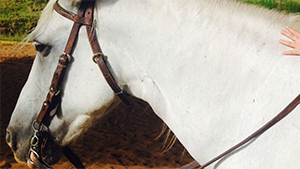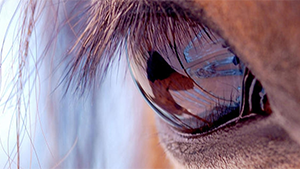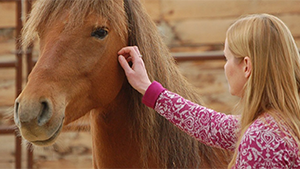Horses and Humanity
Horses have played an invaluable role in human existence, evolving from wild animals into crucial companions for human survival.
Around six thousand years ago, the nomadic herders of Mongolia developed special skills around horses, learning to observe and understand their social hierarchies.
In herds of 20 to 25, horses only needed a human leader to guide the entire group.
As humans and horses intertwined their lives, this relationship became deeply rooted in nomadic cultures.
Horses roamed freely through camps, strengthening bonds through daily tasks such as feeding and veterinary care.
Thus, men assumed the role of protectors of these noble animals.
Indian Physicians
In antiquity, some tribes sacrificed horses in sacred rituals, using their meat in culinary celebrations. Similarly, physicians in ancient India prescribed horse meat for those afflicted with tuberculosis.
Beyond this, horses offered a wide range of resources:
- Nutrition through mare’s milk and derived cheese.
- Shelter through their hides.
- Craft materials from their mane hair.
- Serving as a means of exchange.
However, many sophisticated equine techniques risked being lost to time due to the absence of written records—until the Greek general Xenophon entered the scene.
Xenophon and the Art of Horsemanship
Living in 355 BC, Xenophon elevated the art of horsemanship by demanding meticulous standards of flexibility, balance, and obedience from his horses—qualities that ensured superiority at the time.
He also recorded his insights and tactics in writing—The Cavalry Commander’s Manual.
His teachings were so influential that even Socrates was captivated, choosing to take riding lessons himself.
The sharp insights of Xenophon were later adopted by great conquerors such as Alexander the Great, Genghis Khan, and Attila—all of whom built empires on horseback.
Nearly two millennia after Xenophon, his legacy lives on. At Equitana in 2009 and 2013—the world’s largest horse fair, held in Essen, Germany—we witnessed a mountain rescue unit composed entirely of horses and mules.
This squad is part of the renowned German army, one of the most powerful in Europe and the world.
In short, even though the modern role of horses leans more toward sport and leisure, they still form essential units in several contemporary armies.
Thus, we remain eternally intertwined with the noble existence of the horse.









